External Affairs Minister S Jaishankar claims that China disregarded the border pacts with India, casting a shadow on the bilateral ties.
External Affairs Minister S Jaishankar claims that China disregarded the border pacts with India, casting a shadow on the bilateral ties as he asserted that a lasting relationship cannot be a one-way street and there has to be mutual respect.
Jaishankar, who arrived here on the first leg of his six-day visit to South America aimed at boosting overall bilateral ties with the region, made the remarks during his interaction with the Indian community here on Saturday.
While responding to a question on Sino-India ties, Jaishankar said India and China have agreements going back to the 1990s which prohibit bringing troops to the border area.
“They (Chinese) have disregarded that. You know what happened in the Galwan Valley a few years ago. That problem has not been resolved and that is clearly casting a shadow,” Jaishankar said.
Chinese and Indian troops are engaged in a prolonged standoff in Eastern Ladakh. The two sides have so far held 16 rounds of Corps Commander Level talks to resolve the standoff which erupted on May 5, 2020, following a violent clash in the Pangong lake areas.
India has been consistently maintaining that peace and tranquillity along the Line of Actual Control (LAC) were key for the overall development of bilateral ties.
Asked for his reaction to Jaishankar's comments, Chinese Foreign Ministry spokesman Wang Wenbin told a media briefing here that as a Chinese leader put it, "Unless China and India are developed, there will be no Asian Century. No genuine Asia-Pacific Century or Asian Century can come until China, India and other neighbouring countries are developed."
"China and India are two ancient civilisations, two major emerging economies and two neighbouring countries, we have far more common interests than differences. Both sides have the wisdom and capability to help each other succeed instead of undercutting each other," he said.
To a question on whether China will hold talks with India on the disengagement at the remaining friction points in eastern Ladakh, Wang said, "China and India maintain smooth communication over the boundary question. And our dialogue is effective."
He expressed the hope that India will work with China to act upon the important common understandings between the leaders of the two countries, i.e. "China and India are not each other's threats, but cooperation partners and development opportunities, bring China-India relations back to the track of steady and sound development at an early date and safeguard the common interests of China, India and our fellow developing countries," Wang said.
Commenting on Jaishankar’s Asian Century remarks, Qian Feng, director of the research department at the National Strategy Institute at Tsinghua University here, told the state-run Global Times newspaper that the expression "Asian Century" has served as a driving force for China and India to normalise and strengthen their relations since 1988, and India's External Affairs Minister's use of the term in stressing the need for a friendly bilateral relationship is worth praising.
The expression "Asian Century" was first used by former Chinese leader Deng Xiaoping. In 1988, when he met with then-Indian prime minister Rajiv Gandhi, he pointed out that unless the two countries [China and India] are developed, there will be no Asian Century, Qian said.
(With inputs from PTI)
Read: 'Deliver justice in 7 days': Sidhu Moosewala's father gives ultimatum to Punjab govt
![submenu-img]() Priyanka Chopra kisses Nick Jonas as Malti Marie closes her eyes; see more family pics from singer's London concert
Priyanka Chopra kisses Nick Jonas as Malti Marie closes her eyes; see more family pics from singer's London concert![submenu-img]() Lebanon: Thousands of Hezbollah members wounded after communication devices explode mysteriously
Lebanon: Thousands of Hezbollah members wounded after communication devices explode mysteriously![submenu-img]() Meet woman, who is part of Rs 1257006 crore group, holds key position, she is Ratan Tata's...
Meet woman, who is part of Rs 1257006 crore group, holds key position, she is Ratan Tata's...![submenu-img]() Atishi's net worth: Know assets owned by Delhi's next CM
Atishi's net worth: Know assets owned by Delhi's next CM![submenu-img]() Meet Sunny Deol, Rajinikanth's heroine, in live-in relationship with married man for 35 years, refused to convert, now..
Meet Sunny Deol, Rajinikanth's heroine, in live-in relationship with married man for 35 years, refused to convert, now..![submenu-img]() Lebanon Pager Blast: लेबनान में पेजर ब्लास्ट, हिजबुल्लाह ने बताई पेजर्स में सीरियल ब्लास्ट की वजह
Lebanon Pager Blast: लेबनान में पेजर ब्लास्ट, हिजबुल्लाह ने बताई पेजर्स में सीरियल ब्लास्ट की वजह![submenu-img]() J&K में पहले फेज की 24 सीटों पर मतदान आज, राजनीतिक दलों के सामने क्या हैं बड़ी चुनौतियां
J&K में पहले फेज की 24 सीटों पर मतदान आज, राजनीतिक दलों के सामने क्या हैं बड़ी चुनौतियां ![submenu-img]() Atishi की कैबिनेट में होंगे बदलाव या Arvind Kejriwal के मंत्रियों का ही रहेगा जलवा?
Atishi की कैबिनेट में होंगे बदलाव या Arvind Kejriwal के मंत्रियों का ही रहेगा जलवा?![submenu-img]() कौन हैं कोलकाता के नए Police Commissioner मनोज वर्मा, जिनसे ममता बनर्जी का था 36 का आंकड़ा
कौन हैं कोलकाता के नए Police Commissioner मनोज वर्मा, जिनसे ममता बनर्जी का था 36 का आंकड़ा![submenu-img]() Chandra Grahan 2024: कल सुबह है चंद्रग्रहण, इतने बजे हो जाएगी शुरुआत, जानें भारत में क्या होगा असर, कब है सूतक काल
Chandra Grahan 2024: कल सुबह है चंद्रग्रहण, इतने बजे हो जाएगी शुरुआत, जानें भारत में क्या होगा असर, कब है सूतक काल![submenu-img]() Ford to return to India after 2 years with reopening of....
Ford to return to India after 2 years with reopening of....![submenu-img]() Maruti Suzuki launches new Swift CNG, check price, mileage, other features
Maruti Suzuki launches new Swift CNG, check price, mileage, other features![submenu-img]() ‘30 LPA, 3BHK, no in-laws’: Woman earning Rs 1.32 lakh salary lists demands for future husband, netizens say...
‘30 LPA, 3BHK, no in-laws’: Woman earning Rs 1.32 lakh salary lists demands for future husband, netizens say...![submenu-img]() In a big EV push, Centre launches Rs 10900 crore PM E-Drive scheme to replace…
In a big EV push, Centre launches Rs 10900 crore PM E-Drive scheme to replace…![submenu-img]() World’s longest car has helipad, swimming pool, mini-golf course, can seat over…; it cost…
World’s longest car has helipad, swimming pool, mini-golf course, can seat over…; it cost…![submenu-img]() Meet India's first billionaire, who controlled 25% of world's GDP, had 50 Rolls-Royce, way richer than Mukesh Ambani
Meet India's first billionaire, who controlled 25% of world's GDP, had 50 Rolls-Royce, way richer than Mukesh Ambani![submenu-img]() IAS vs IPS: Who earns more? Differences in power, role, responsibilities
IAS vs IPS: Who earns more? Differences in power, role, responsibilities![submenu-img]() Meet boy who got record-breaking salary package from Google, was former Amazon employee, not from IIT, IIM…
Meet boy who got record-breaking salary package from Google, was former Amazon employee, not from IIT, IIM…![submenu-img]() Meet man who became IPS, then cracked UPSC to become IAS officer with AIR 52, is now DM of...
Meet man who became IPS, then cracked UPSC to become IAS officer with AIR 52, is now DM of...![submenu-img]() Meet PHD wife of IIT graduate hired at Rs 100 crore salary but was fired within a year, he is now...
Meet PHD wife of IIT graduate hired at Rs 100 crore salary but was fired within a year, he is now...![submenu-img]() Kolkata Doctor Case: Protesting Doctors React After CBI Arrests Sandip Ghosh And Abhijit Mondal
Kolkata Doctor Case: Protesting Doctors React After CBI Arrests Sandip Ghosh And Abhijit Mondal![submenu-img]() Nitin Gadkari: Union Minister Nitin Gadkari Reveals He Was Offered Support For PM Post But Declined
Nitin Gadkari: Union Minister Nitin Gadkari Reveals He Was Offered Support For PM Post But Declined![submenu-img]() Kolkata Doctor Case: Junior Doctors Protest For 5th Night As Talks With CM Mamata Fail Again
Kolkata Doctor Case: Junior Doctors Protest For 5th Night As Talks With CM Mamata Fail Again![submenu-img]() Muslim Sculptor Crafts Tiny Ganesh Idols On Pencil Graphite #shorts #viralvideo #ganesh
Muslim Sculptor Crafts Tiny Ganesh Idols On Pencil Graphite #shorts #viralvideo #ganesh![submenu-img]() Jaishankar: EAM Dr. S. Jaishankar On India-China Relations & Disengagement Problems | Ladakh
Jaishankar: EAM Dr. S. Jaishankar On India-China Relations & Disengagement Problems | Ladakh![submenu-img]() Meet woman, who is part of Rs 1257006 crore group, holds key position, she is Ratan Tata's...
Meet woman, who is part of Rs 1257006 crore group, holds key position, she is Ratan Tata's...![submenu-img]() Meet man, who lives in 2BHK flat in Mumbai, doesn't use any mobile, he is Ratan Tata's...
Meet man, who lives in 2BHK flat in Mumbai, doesn't use any mobile, he is Ratan Tata's...![submenu-img]() Amazon ends work from home, asks employees to return to office from...
Amazon ends work from home, asks employees to return to office from...![submenu-img]() Days after iPhone 16 series launch, Apple loses Rs 970000 crore due to...
Days after iPhone 16 series launch, Apple loses Rs 970000 crore due to...![submenu-img]() Meet man, BITS Pilani alumnus with over Rs 19500 crore net worth, now engaged in feud with brother over...
Meet man, BITS Pilani alumnus with over Rs 19500 crore net worth, now engaged in feud with brother over...![submenu-img]() This film was made in Rs 80 crore, actress scolded star kid while filming intimate scene; movie flopped, earned just...
This film was made in Rs 80 crore, actress scolded star kid while filming intimate scene; movie flopped, earned just...![submenu-img]() India’s richest child actor has net worth of Rs 8 crore, owns Rs 40-lakh luxury car, but nobody knows her 'real age'
India’s richest child actor has net worth of Rs 8 crore, owns Rs 40-lakh luxury car, but nobody knows her 'real age'![submenu-img]() 32-year-old superstar forcibly kissed 15-year-old co-star; left her traumatised, crying; later laughed about it saying..
32-year-old superstar forcibly kissed 15-year-old co-star; left her traumatised, crying; later laughed about it saying..![submenu-img]() Atishi is new Delhi CM: Know who was Delhi's first woman CM
Atishi is new Delhi CM: Know who was Delhi's first woman CM![submenu-img]() This actor worked in over 300 films, was abandoned by family, had no friends; was found with bottle of alcohol at...
This actor worked in over 300 films, was abandoned by family, had no friends; was found with bottle of alcohol at...![submenu-img]() Atishi's net worth: Know assets owned by Delhi's next CM
Atishi's net worth: Know assets owned by Delhi's next CM![submenu-img]() Thane Biggest Builders RK Builders and DHL Group Join Forces for Maharashtra’s Largest BTS Warehouse
Thane Biggest Builders RK Builders and DHL Group Join Forces for Maharashtra’s Largest BTS Warehouse![submenu-img]() Atishi to become Delhi CM: Know why she dropped her second name ‘Marlena’
Atishi to become Delhi CM: Know why she dropped her second name ‘Marlena’![submenu-img]() Arvind Kejriwal resigns as Delhi Chief Minister, tenders his resignation to LG
Arvind Kejriwal resigns as Delhi Chief Minister, tenders his resignation to LG![submenu-img]() Who is IPS Manoj Kumar Verma, the new Kolkata Police Commissioner?
Who is IPS Manoj Kumar Verma, the new Kolkata Police Commissioner?


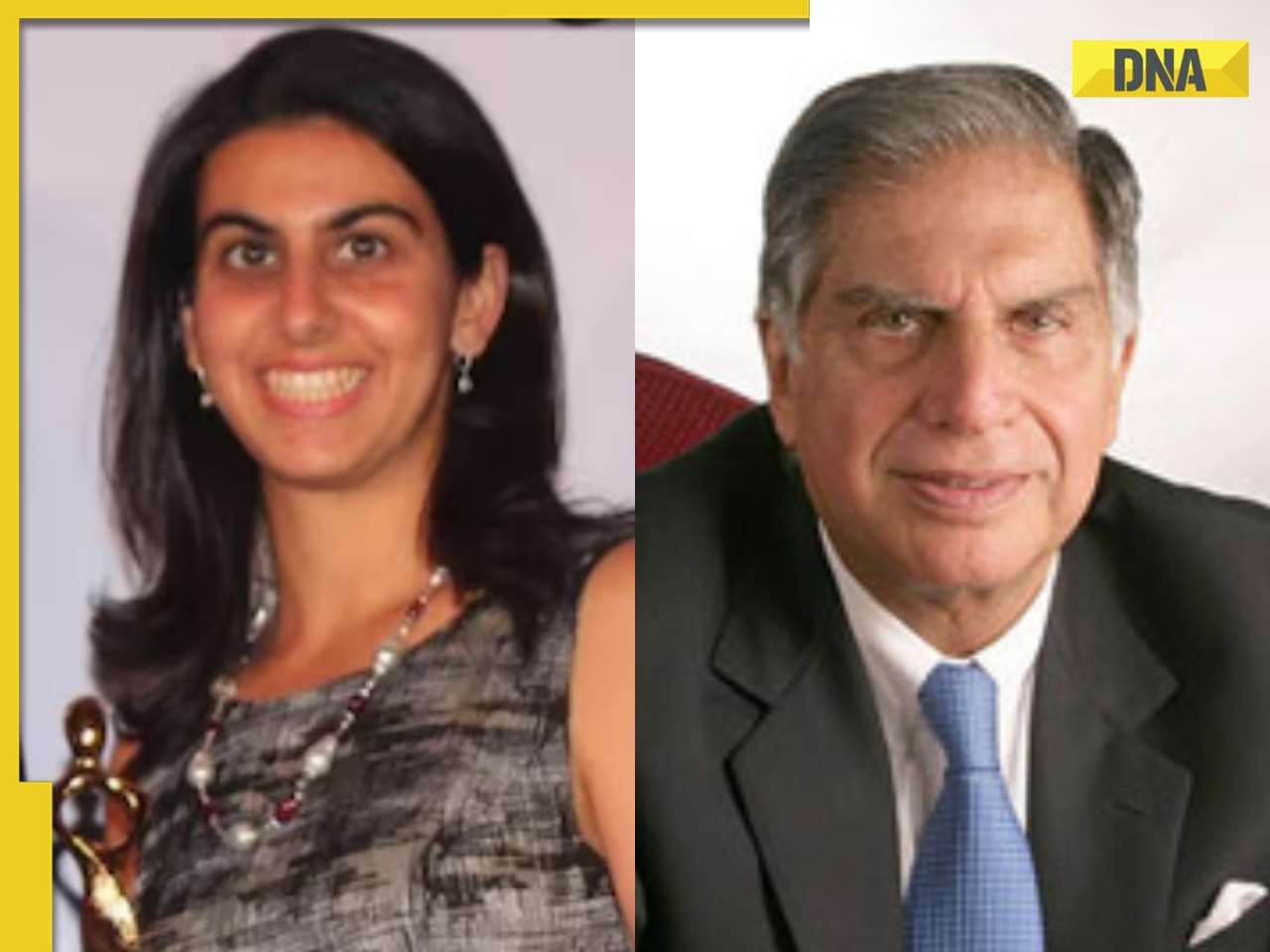
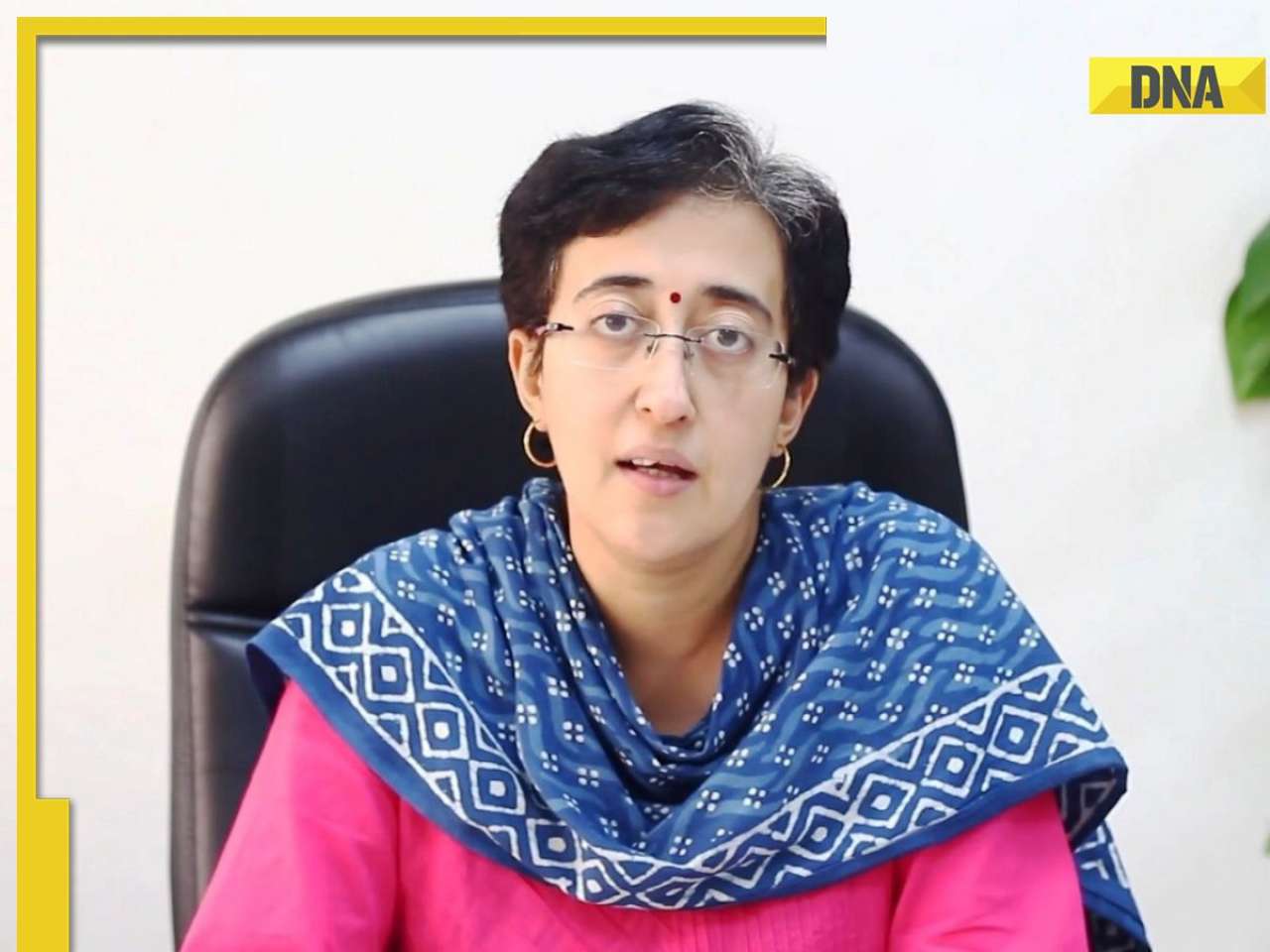







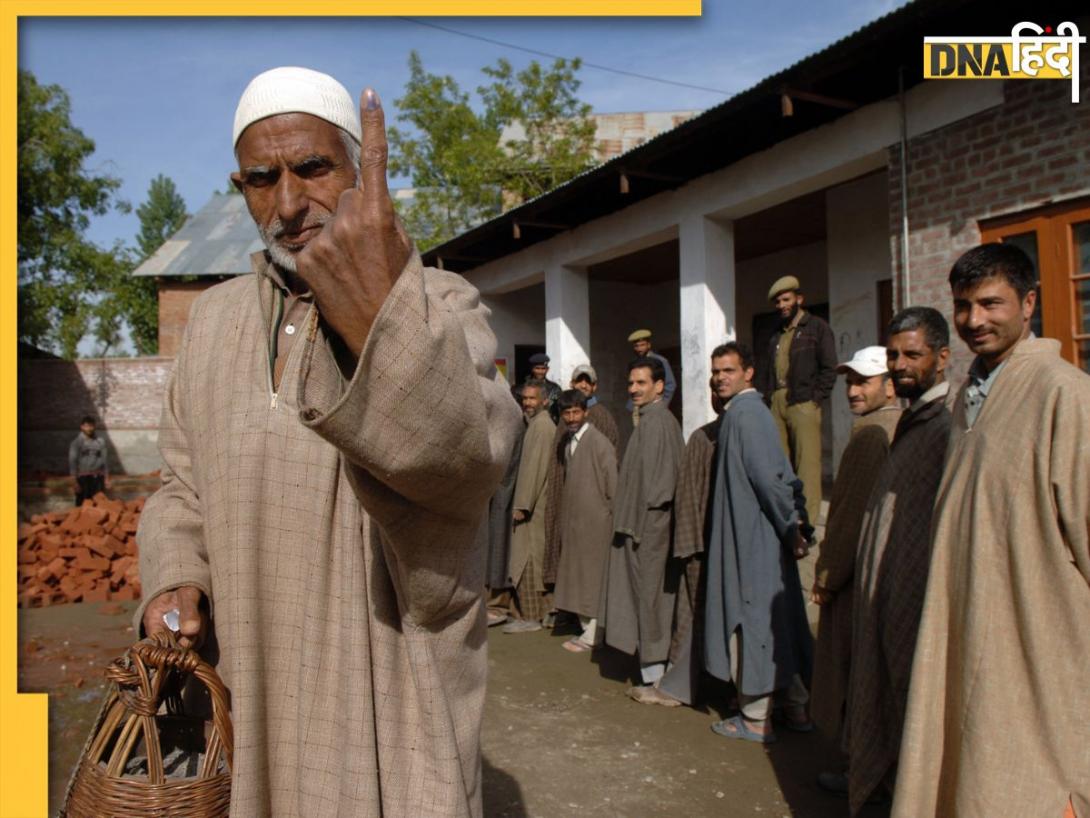
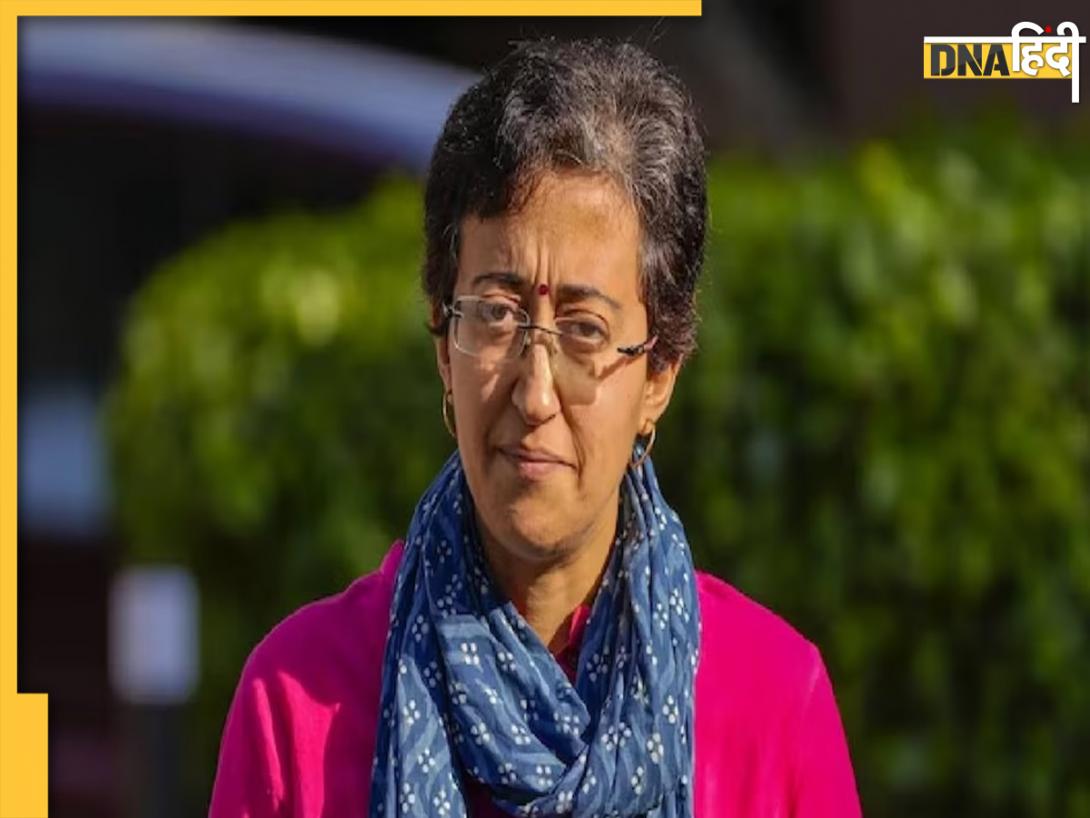

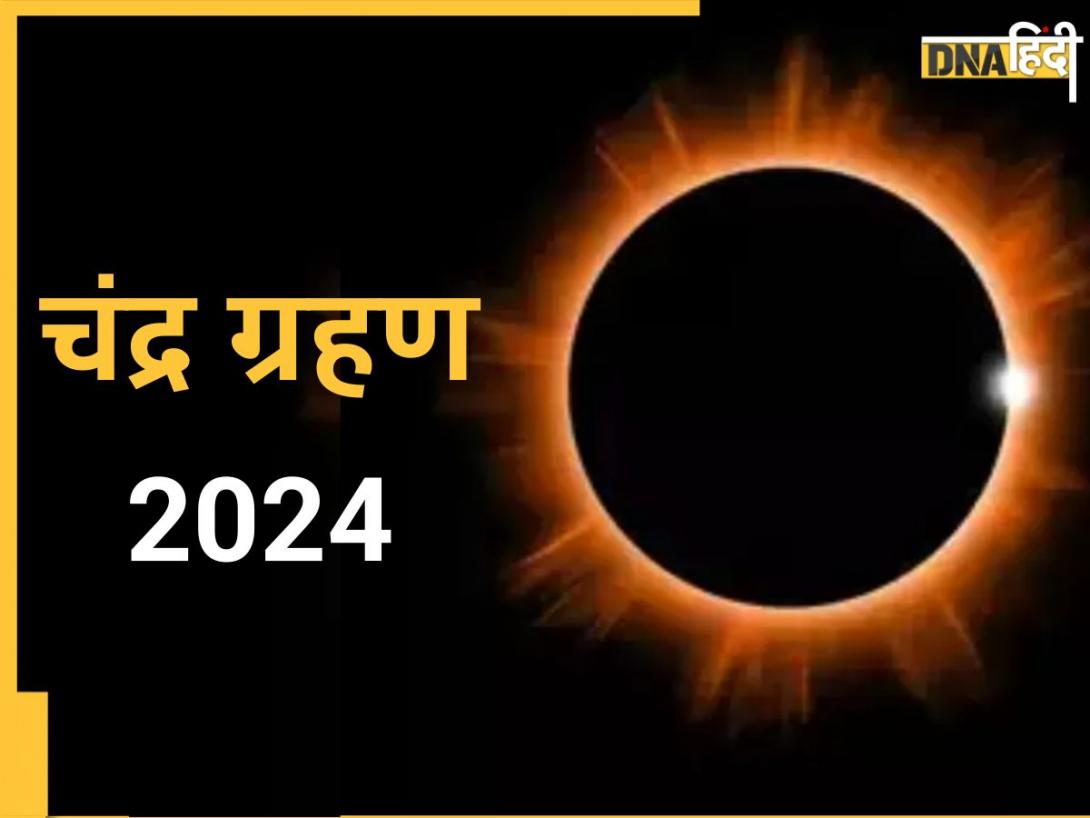





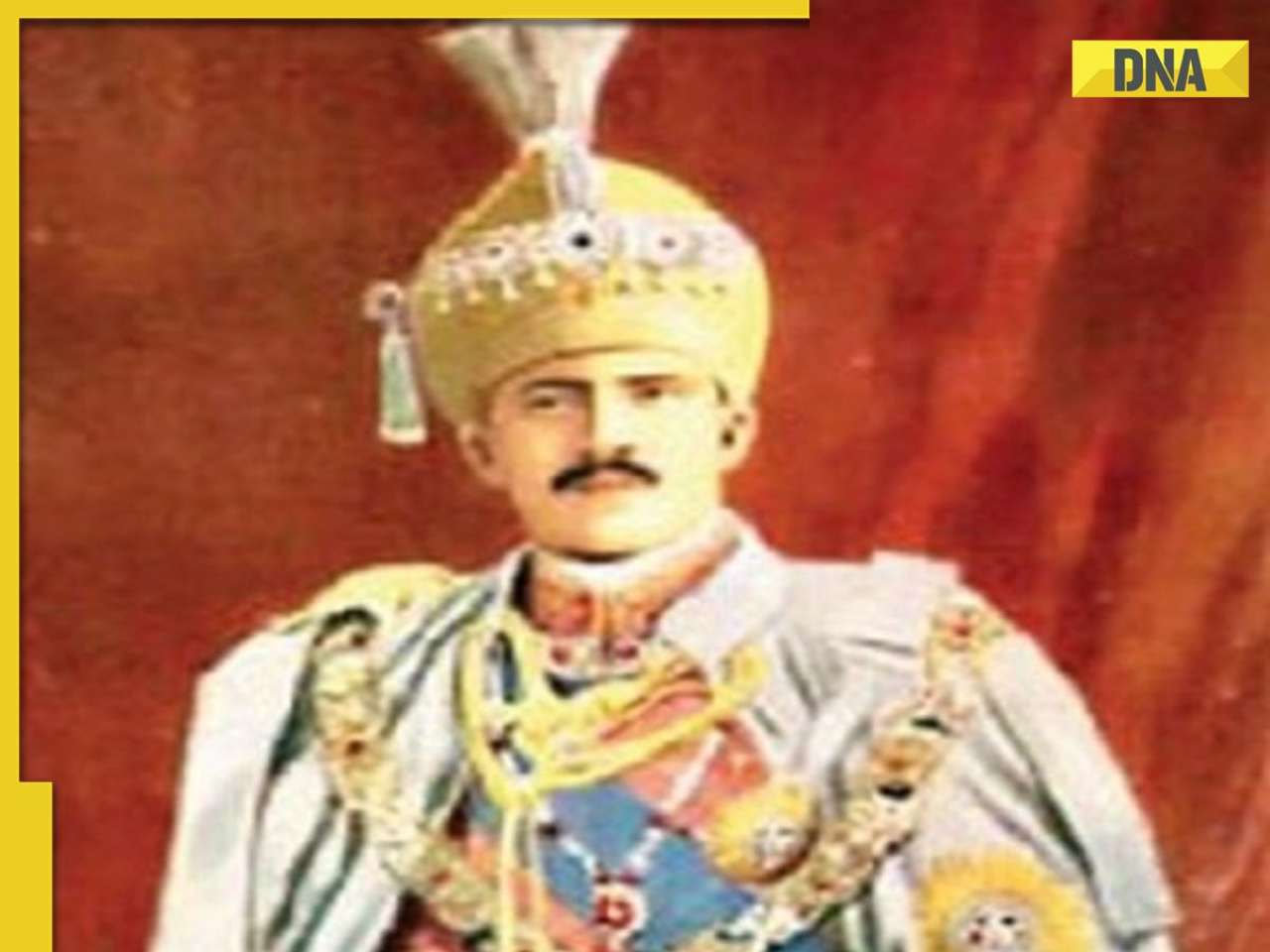


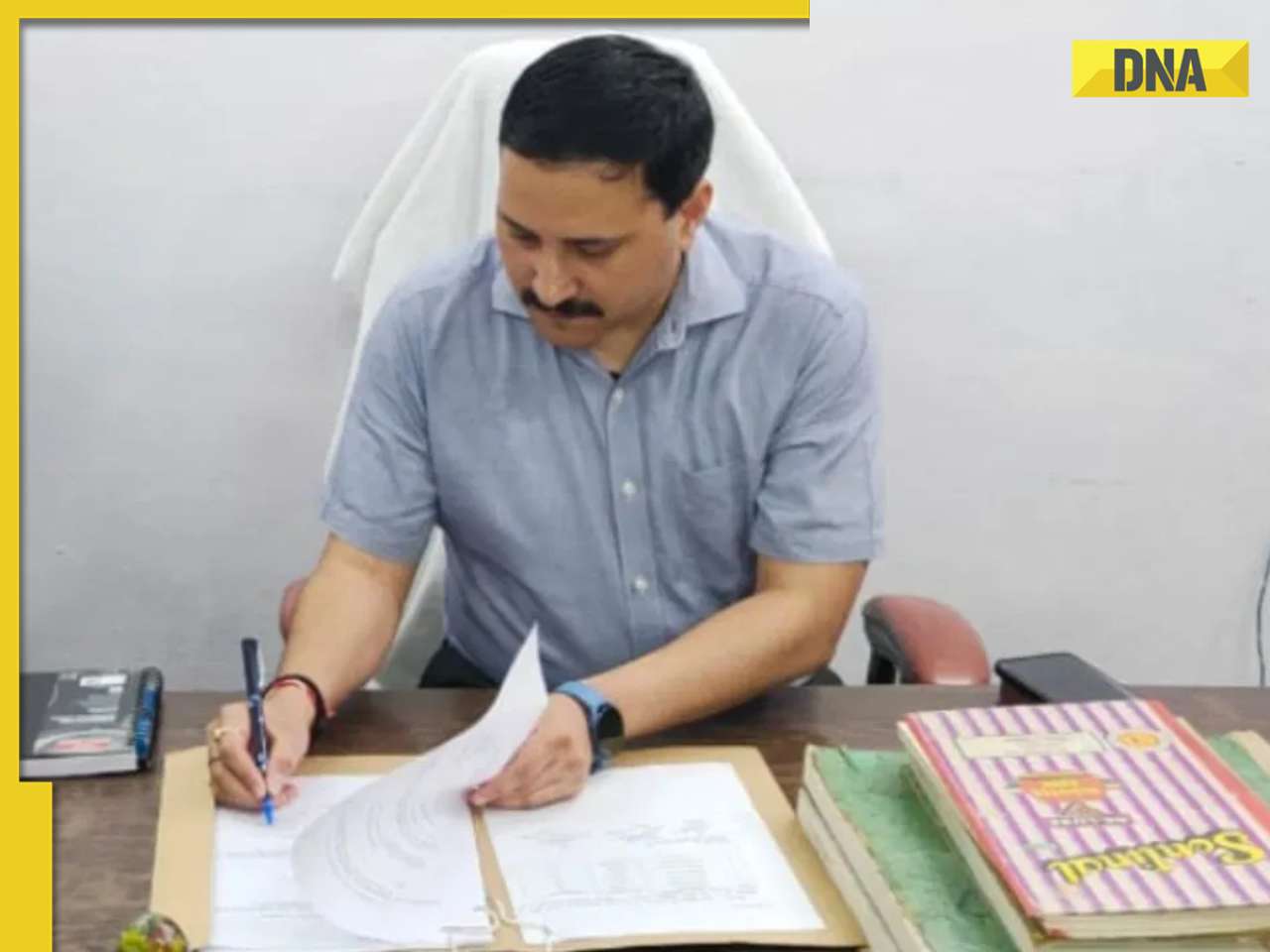

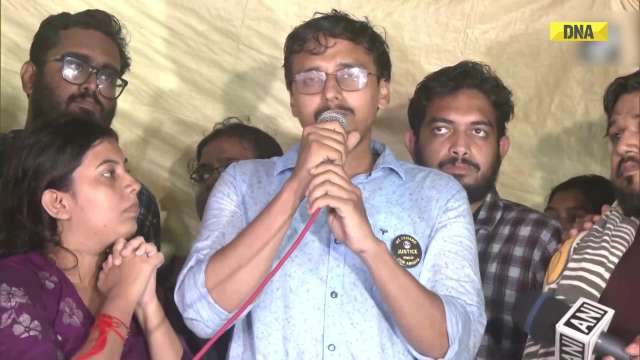
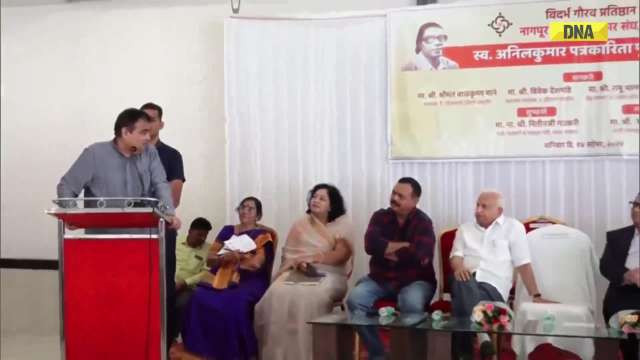


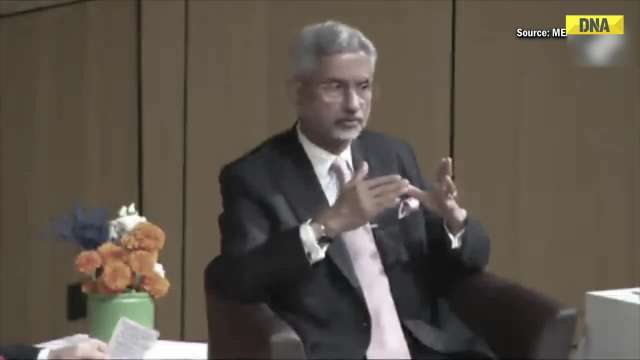
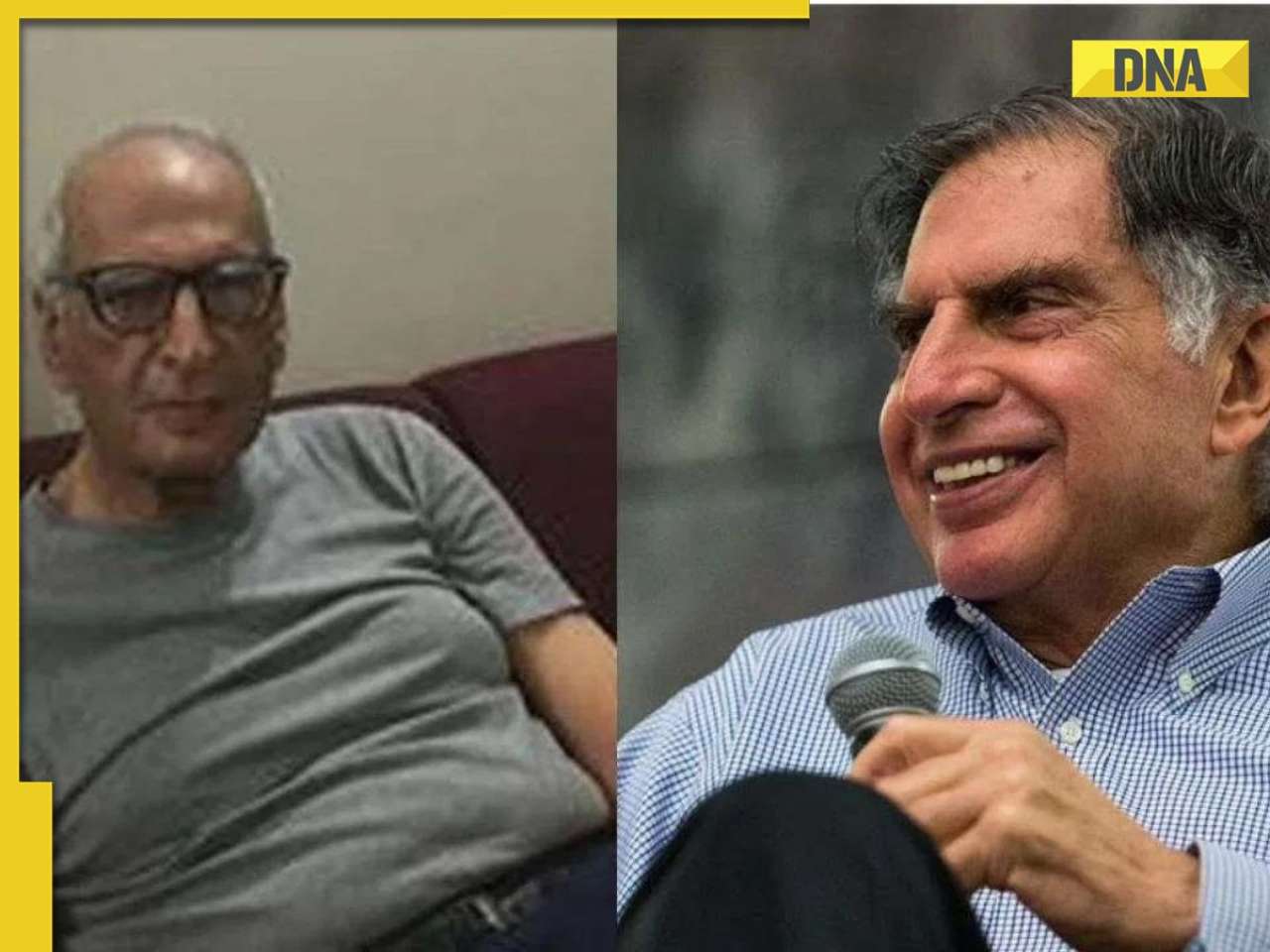


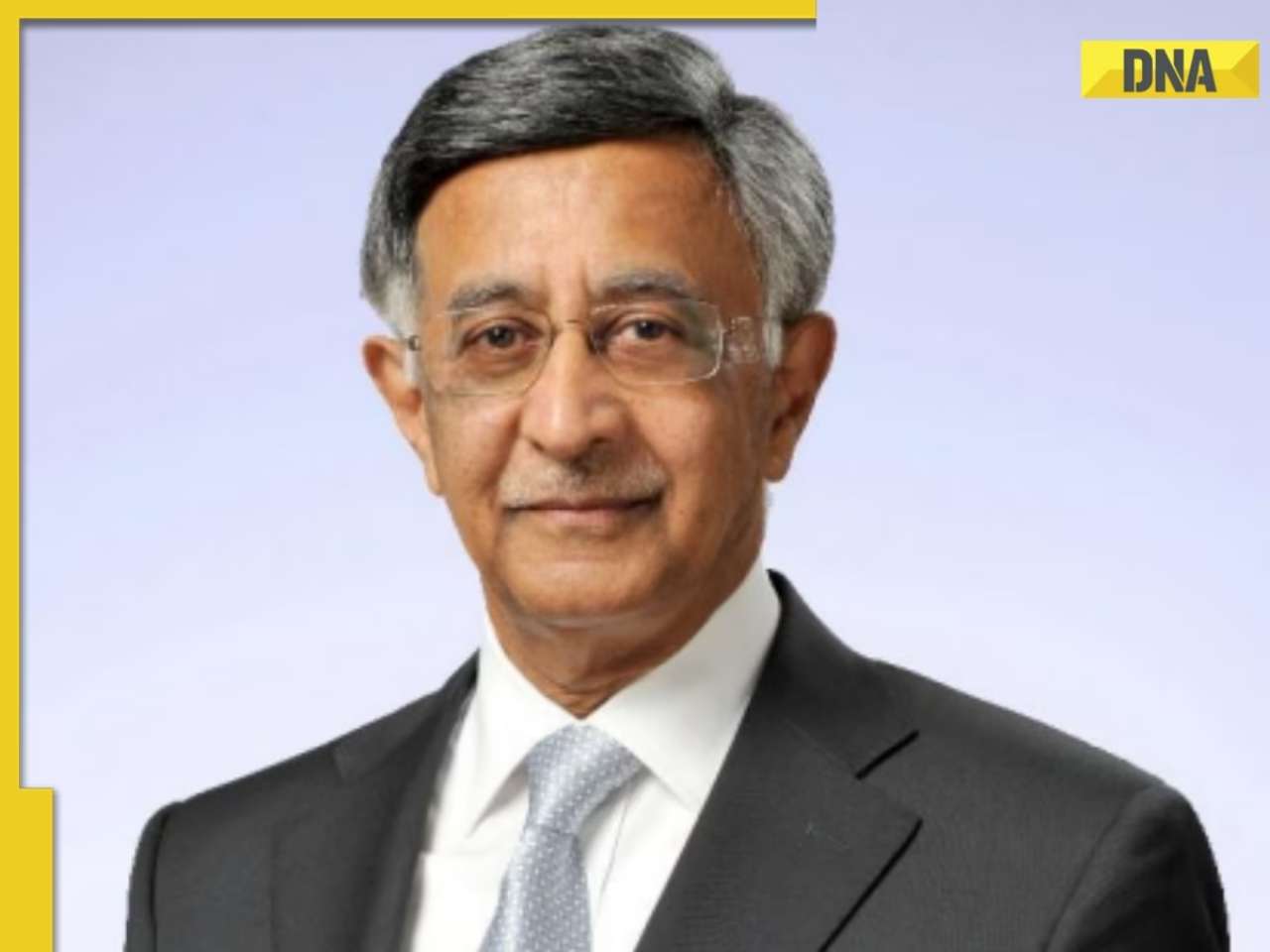



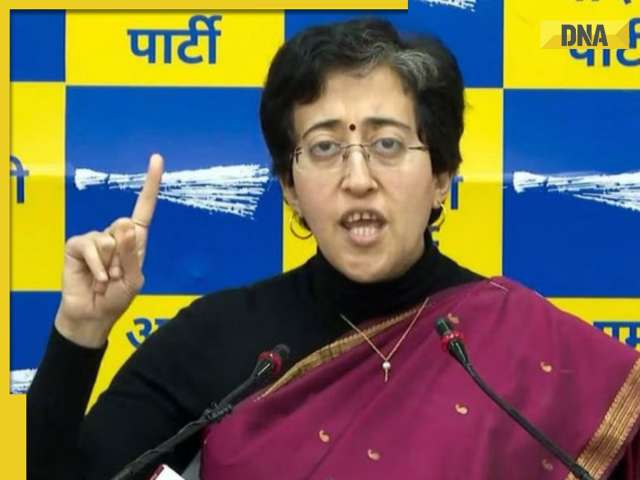


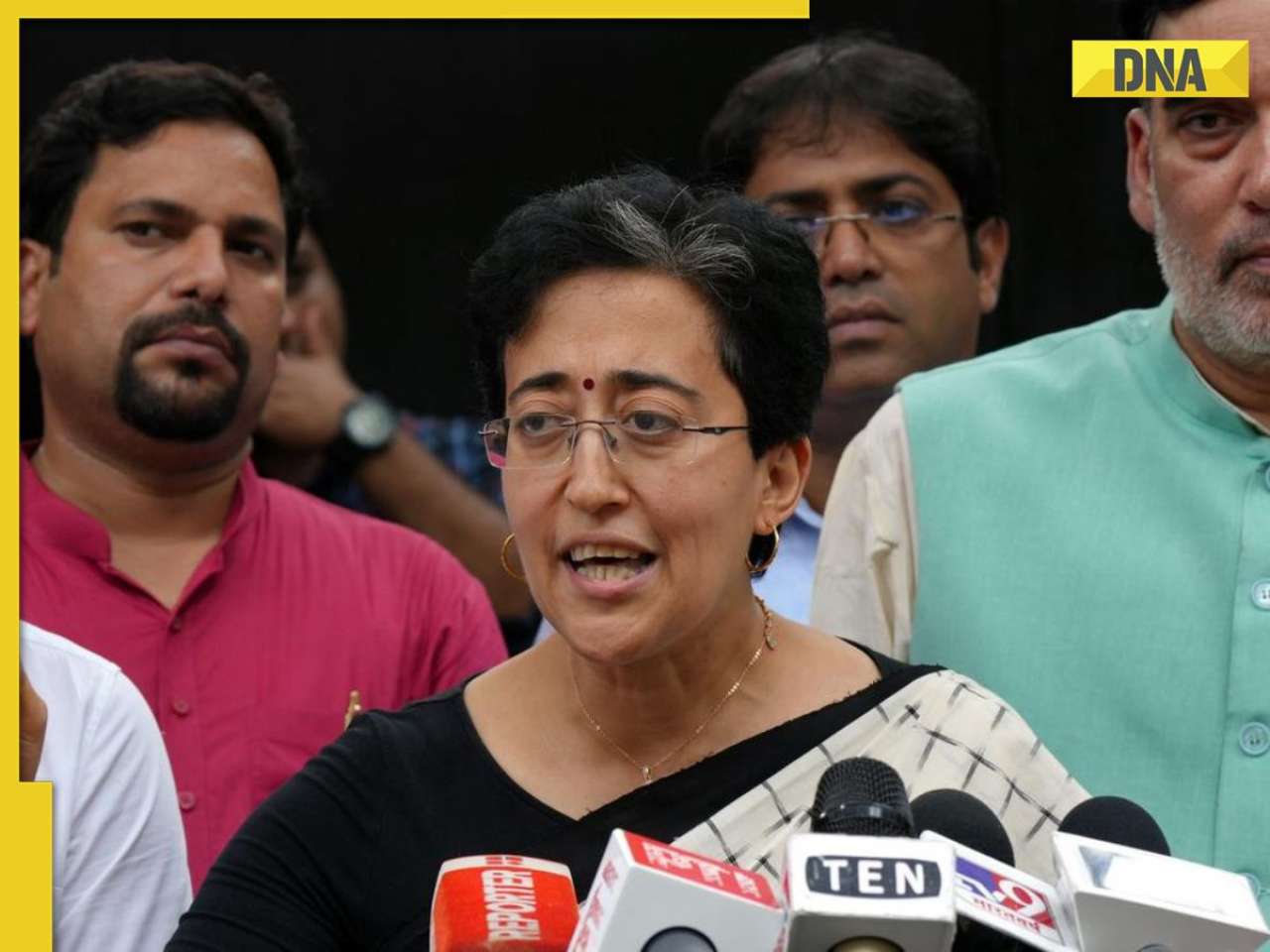
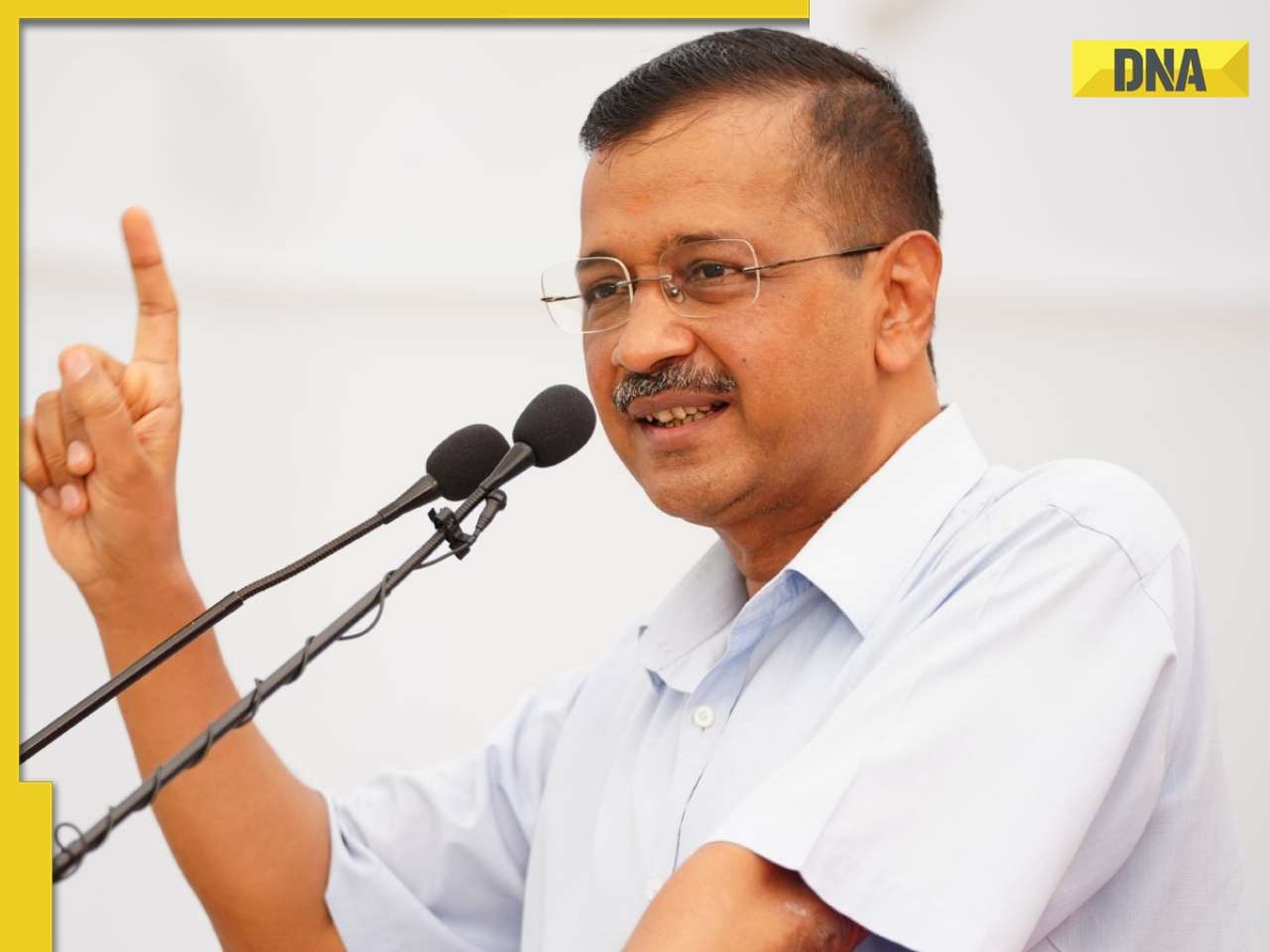


)
)
)
)
)
)
)
)
)
)
)
)
)
)
)





)
)
)
)
)
)